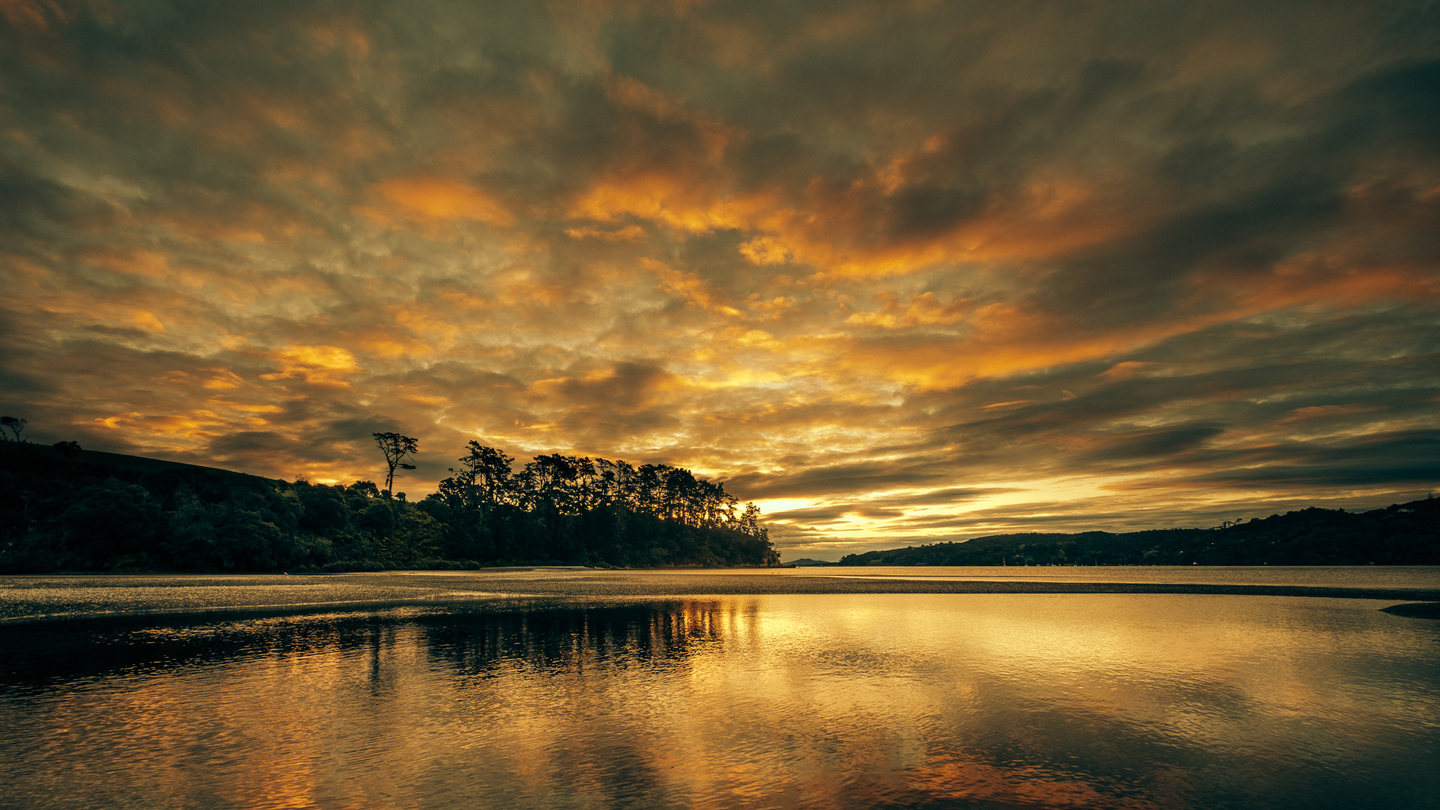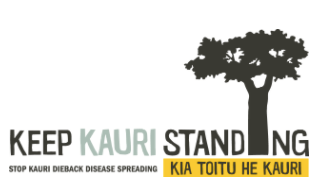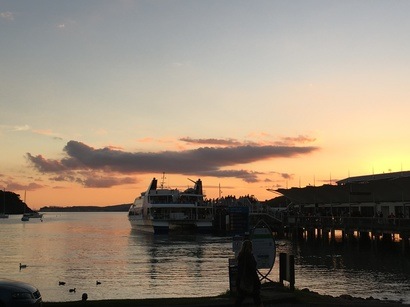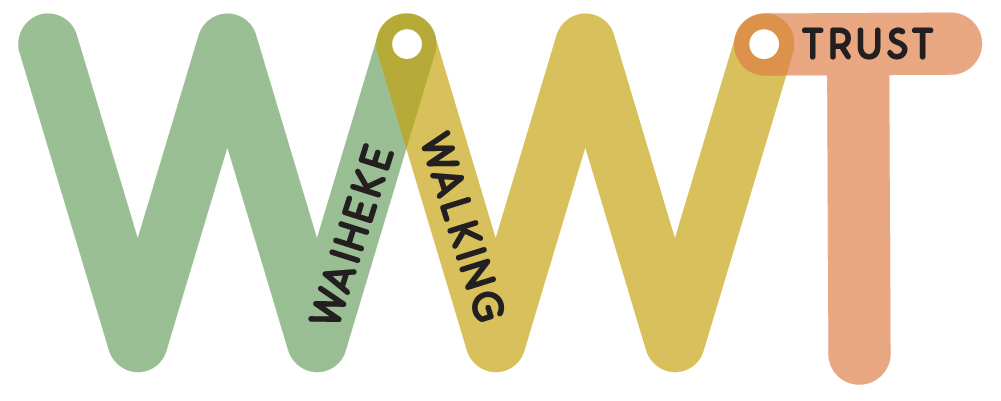
How We Grade Our Walks
Each walk has been graded out of ten. The grading reflects the type of terrain and walking surfaces you can expect. It is easy to overestimate fitness levels, particularly if you are not used to track walking and hills. Did we mention the hills on Waiheke?
We err on the side of caution with descriptions and finishing times for walks.
GRADE 1-2
These walks will be short and flat-ish, think gentle beach or footpath walking. There will be some gentle up and down, and few – if any – stairs.
GRADE 3-4
Usually road or very well formed track, may have some narrow or muddy stretches. May have short sections of stairs.
GRADE 5-6
Off-road walking track, possibly narrow or muddy stretches and steep sections. May have long stretches of stairs.
GRADE 7-8
Mostly unformed route or tracks that are tricky underfoot, prolonged steep hills – but well worth the effort.
GRADE 9 – 10
Tricky tracks or conditions! Steep sections, muddy stretches, prolonged steep hills. Maybe a rope-assisted hill climb or descent.

Kauri Dieback (KDD) is a fungus-like disease that is specific to kauri and kills trees of all ages and sizes. It is spread mainly through soil movement on equipment such as footwear, machinery and mountain bikes.
Currently KDD is undetected on Waiheke Island – and we want to keep it that way!
What you can do to help
Please ensure your footwear, poles (and paws!) are thoroughly cleaned before arriving on Waiheke Island. There are cleaning stations at Pier 2 at the downtown wharf, and at Half Moon Bay and Wynyard Wharf.
While out walking on Waiheke Island, please brush then spray your walking shoes/boots & pole tips where ever you see a KDD brushing station – even if you have already cleaned your shoes prior to arriving on Waiheke. And don’t forget to spray any paws too.
We appreciate your support our efforts to help keep Kauri Dieback off our beautiful Island.
What happens to kauri?
Microscopic spores in the soil can infect kauri and damage the tissues that carry nutrients within the tree. Infected trees show a range of symptoms including yellowing of foliage, loss of leaves, dead branches and lesions that bleed gum at the base of the trunk. Infected trees may have no symptoms.
Nearly all infected kauri eventually die.
Why is it so important?
Without action to control the spread of this disease, we may lose the kauri forest ecosystem for good. Kauri trees are national icons for all New Zealanders and important for our eco-tourism. The are a taonga (treasure) of great significance to Maori. Entire ecosystems depend on this significant species.
Where is it?
Kauri dieback has been found around the Auckland region, on the Coromandel Peninsula and Great Barrier Island and in Northland forests. It is currently undetected on Waiheke Island.

Most people come by ferry. If you’re travelling without a car, catch one of the regular passenger ferries from the downtown ferry terminal in Auckland to Matiatia Bay on Waiheke Island. It’s a beautiful trip that takes about 35 minutes. You can even bring your dog for free.
If you’re bringing your car, there are two vehicle ferry options. Most departures are from Half Moon Bay in Howick. The trip usually takes around an hour. There are also seasonal vehicle ferry departures from Wynyard Quarter in Auckland’s CBD. All vehicle ferry options land you at Kennedy Point on Waiheke Island.
There’s a whole range of accommodation options on Waiheke Island, from luxury stays and family beach houses through to Poukaraka campsite in Whakanewha National Park.

The Waiheke Walking Trust is a charitable trust that exists to showcase Waiheke Island as a walking destination, and to encourage and inspire people to walk Waiheke.
The Trustees share a love of walking, especially on this beautiful island we call home. We created this website to help you enjoy some of our regular and favourite walks. We will be updating the site regularly. If you find any information needs updating, please let us know.
Our goals are to inspire both locals and visitors to enjoy the incredible network of tracks that are weaved throughout Waiheke; and encourage stewardship of our precious environment. We are committed to help keep Waiheke Kauri Dieback Disease free.
The Waiheke Walking Trust is proud to deliver the annual Waiheke Walking Festival and are committed to ensuring its ongoing success and popularity.
The Trustees of the Waiheke Walking Trust are David Todd (Chair), Anna Brealey, Mandy Hudson, Olly Lynch and Judy Cowie. Contact the Trustees at trustees@waihekewalkingfestival.org
